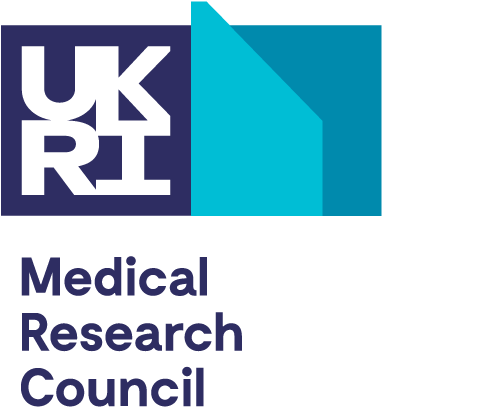Rapid developments in genome editing technologies – in particular the emergence of CRISPR-Cas9 and similar systems – are having a game-changing effect on research. While the science is at a relatively early stage, these technologies have the future potential to improve human health.
When discussing genome editing, it is important to differentiate between different uses and outcomes of genome editing: laboratory studies or clinical applications, and non-inheritable or inheritable changes.
The MRC supports the use of scientifically and ethically rigorous laboratory studies using genome editing. Laboratory research involving the human germ line, including embryos of up to 14 days of age, requires a licence from the Government regulator, the Human Fertilisation and Embryology Authority (HFEA).
Clinical applications could involve changes to the genome that cannot be passed on to subsequent generations (for example, targeting somatic cells), and this area is likely to present the most significant therapeutic opportunities in the near term. The MRC supports the development of clinical applications using genome editing of somatic cells, where it is justified by research evidence and meets ethical governance requirements.
Other clinical applications could in principle involve changes that would be inherited (targeting the human germ line, including embryos). These raise important ethical and regulatory questions, and are prohibited by law in the UK.
We are committed to supporting discussion around genome editing and its implications and encourage all interested stakeholders to explore these issues alongside the development of the science.
Further information:
MRC joint statement with the AMRC, the Academy of Medical Sciences, BBSRC and the Wellcome Trust
Last updated: 12 May 2025


